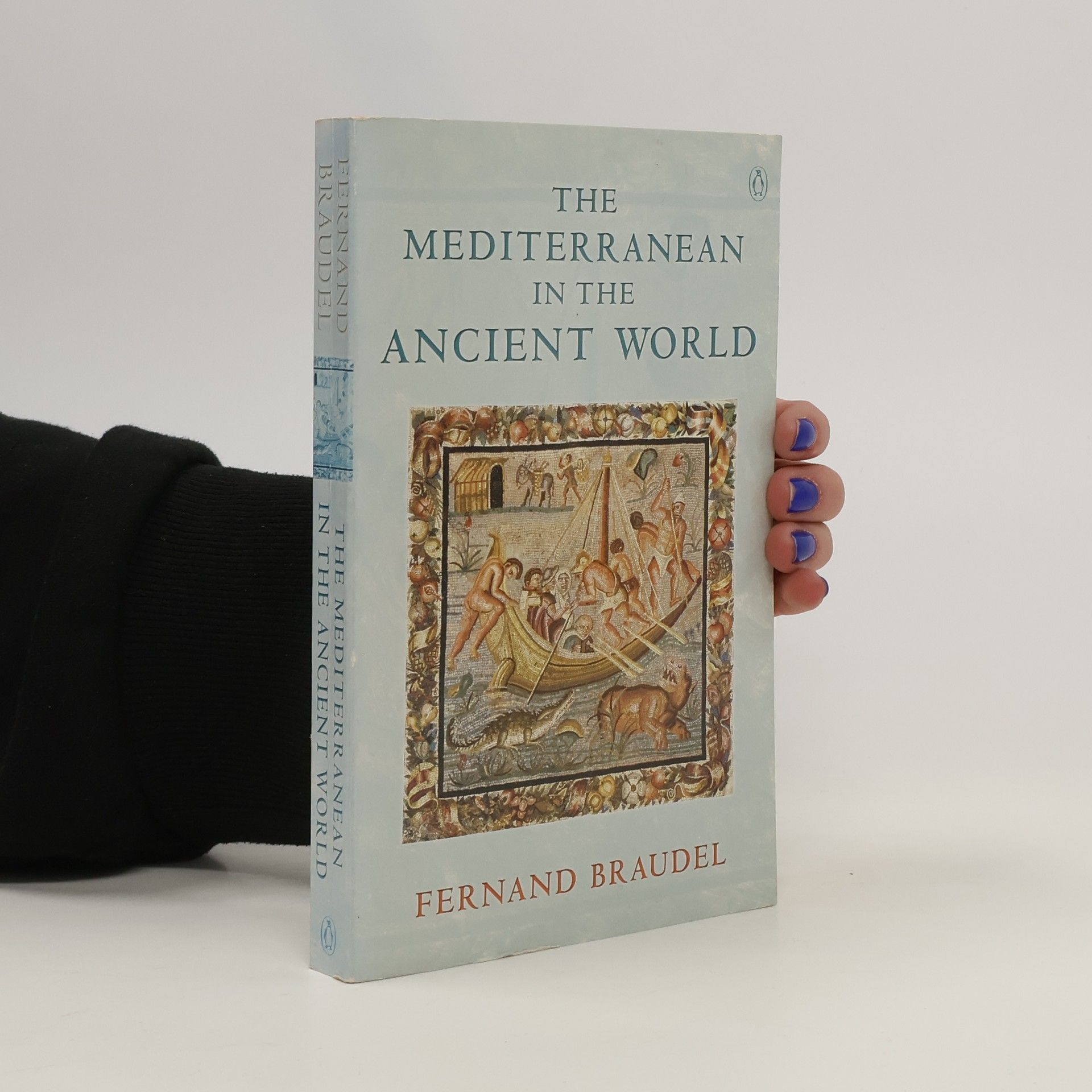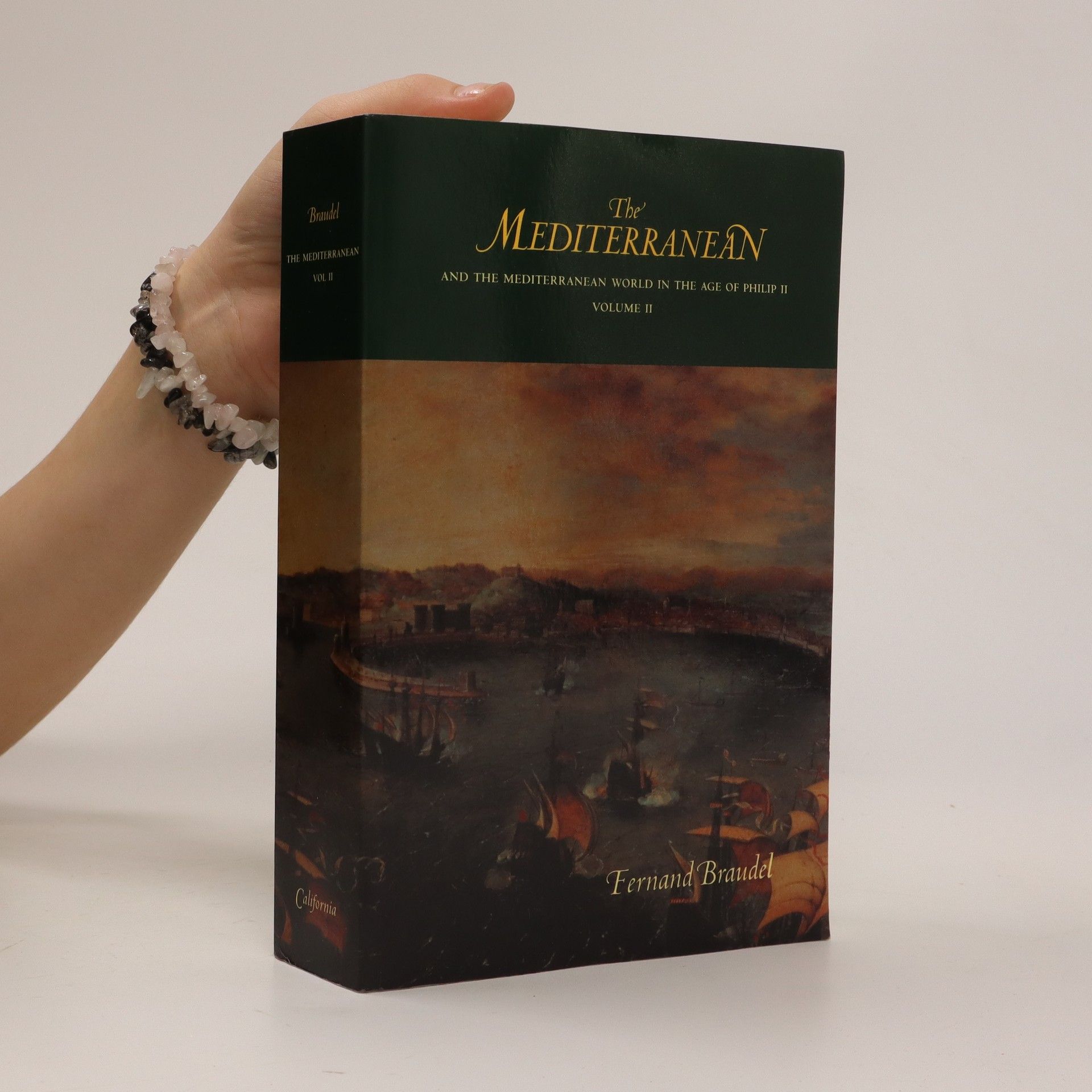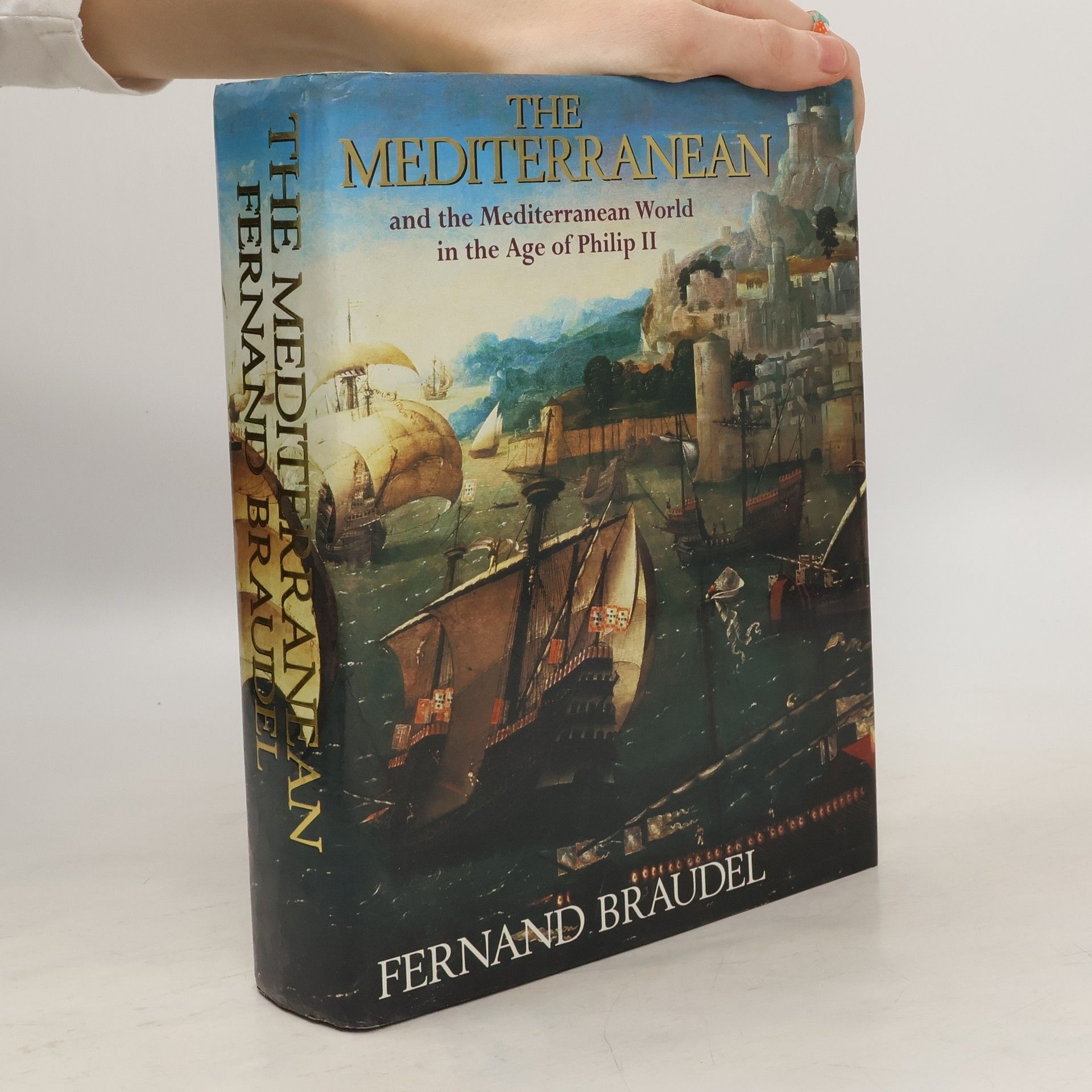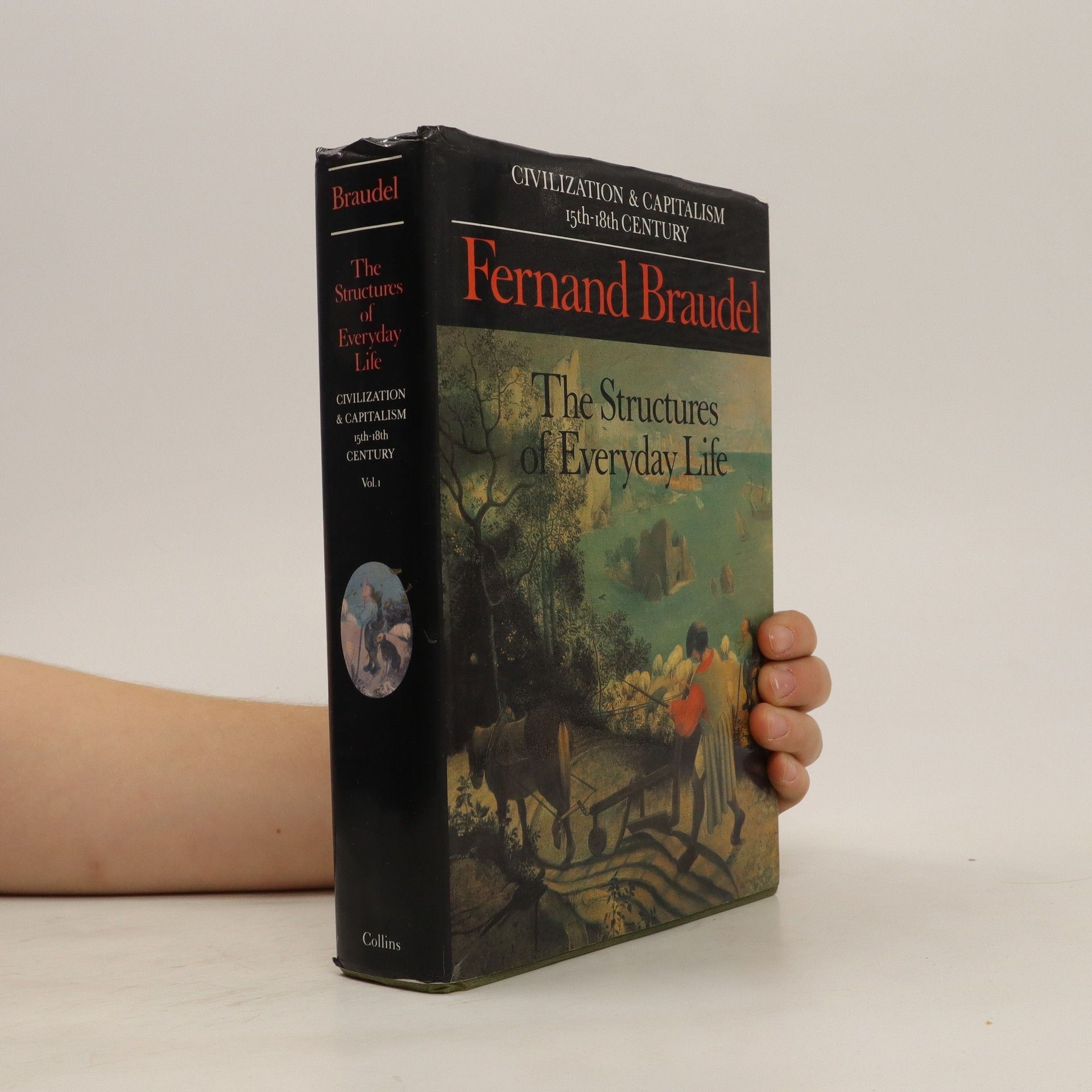The Wheels of Commerce. Volume 2
- 720 pages
- 26 hours of reading
Very clean, no markings, no mildew, from non-smoker's home.
Fernand Braudel was a pivotal French historian who championed the significance of broad socioeconomic forces in shaping historical narratives. As a leading figure of the Annales School, his work profoundly influenced historical research globally. Braudel's scholarship explored long-term trends and geographical influences, shifting the focus of historical writing towards a deeper understanding of societies.







Very clean, no markings, no mildew, from non-smoker's home.
This volume, in the author's words, is a sort of weighing up of the world, an evaluation of what was possible in the pre- industrial world of which the most important is the condition imposed by material life. On neither side of the Atlantic does there live a man or woman with so much knowledge of the past as Braudel, or with a greater sense of its aptness to the intellectual occasion at hand
In this personal approach to the history of France the author shows himself a part of all that he has met. He describes the geographical circumstances of the country, her fertility, her internal and external communications and the villages, towns and cities in which her people gathered. As he describes the situation he questions - why did Paris become the capital of France rather than Toulouse? What is a frontier? What did it mean in the 15th century? How did France become unified in the way that she did? Thus he shows how all this, which lies behind the outline, determined the shape of France. The author also wrote " The Mediterranean" and "Civilization and Capitalism".
When first published in two 600-page volumes, The Mediterranean received ecstatic reviews, but its original length was daunting for the general readers. Now this highly readable and pathbreaking work has been skillfully abridged for everyone to enjoy. Probably the most significant historical work to appear since World War II.--New York Times Book Review.
Focusing on the Mediterranean world in the second half of the sixteenth century, this title ranges back in history to the world of Odysseus and forward to our time, moving out from the Mediterranean area to the New World and other destinations of Mediterranean traders.
Presents general reader's history of the ancient mediterranean that combines a grasp of the scholarship of the day with a great historian's gift for imaginative reconstruction and inspired analogy. This book features notes that allow the reader to appreciate the state of scholarship at the time of writing.
A survey of the civilizations of the modern world in terms of the broad sweep and continuities of history. It is written from a consciously anti- enthnocentric approach.
In the fifteenth century, even before the city states of the Apennine Peninsula began to coalesce into what would become, several centuries later, a nation, “Italy” exerted enormous influence over all of Europe and throughout the Mediterranean. Its cultural, economic, and political dominance is utterly astonishing and unique in world history. Viewing the Italy—the many Italies—of that time through the lens of today allows us to gather a fragmented, multi-faceted and seemingly contradictory history into a single unifying narrative that speaks to our current reality as much as it does to a specific historical period. This is what the acclaimed French historian, Fernand Braudel, achieves here. He brings to life the two extraordinary centuries that span the Renaissance, Mannerism, and the Baroque and analyzes the complex interaction between art, science, politics and commerce during Italy’s extraordinary cultural flowering.
A translation of Fernand Braudel's Ecrits sur l'histoire, published in 1969. The main themes of the work include: the importance of a rapprochement between history and the social sciences; the inseparability of study of past and present; and the dubious value of the narrative techniques.